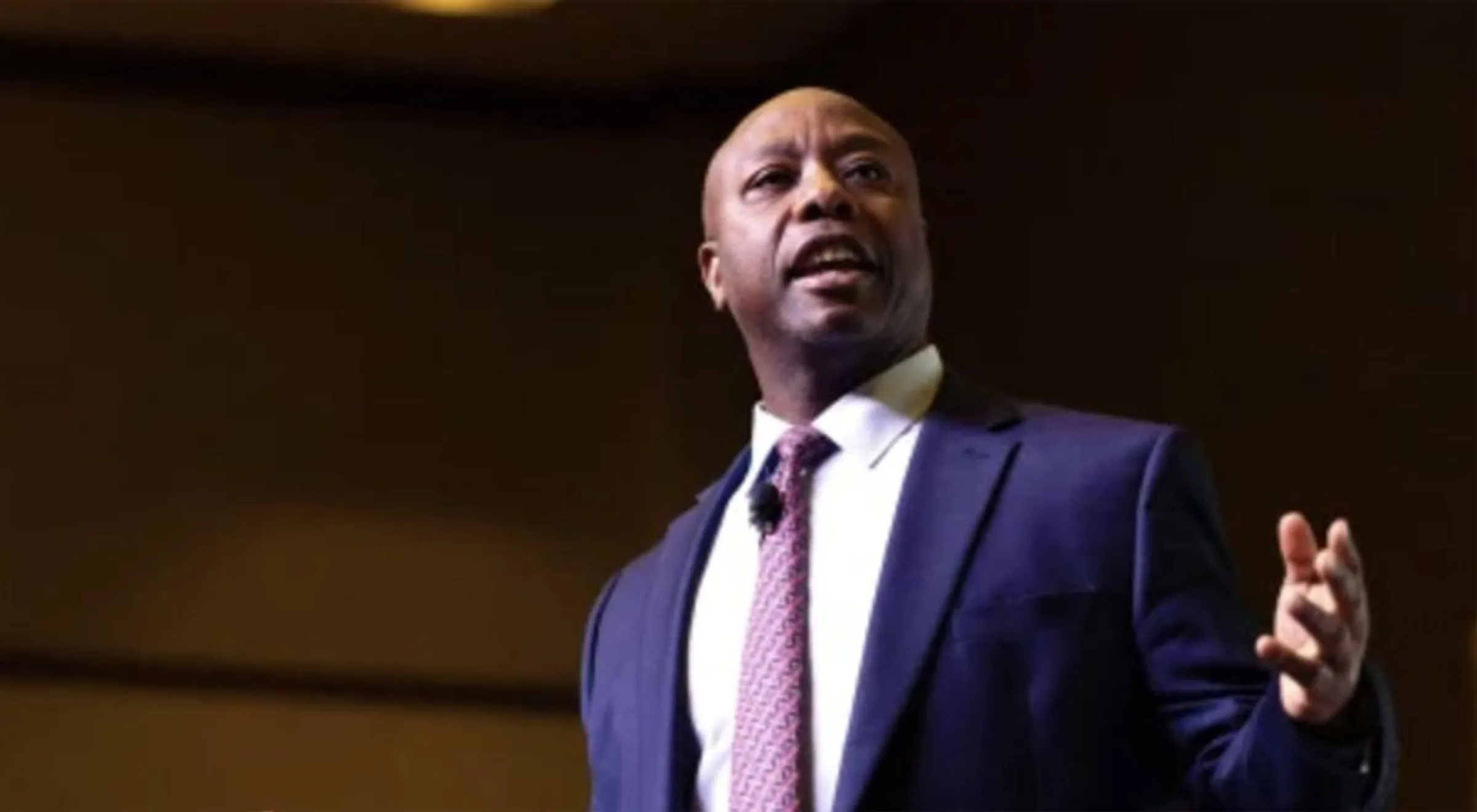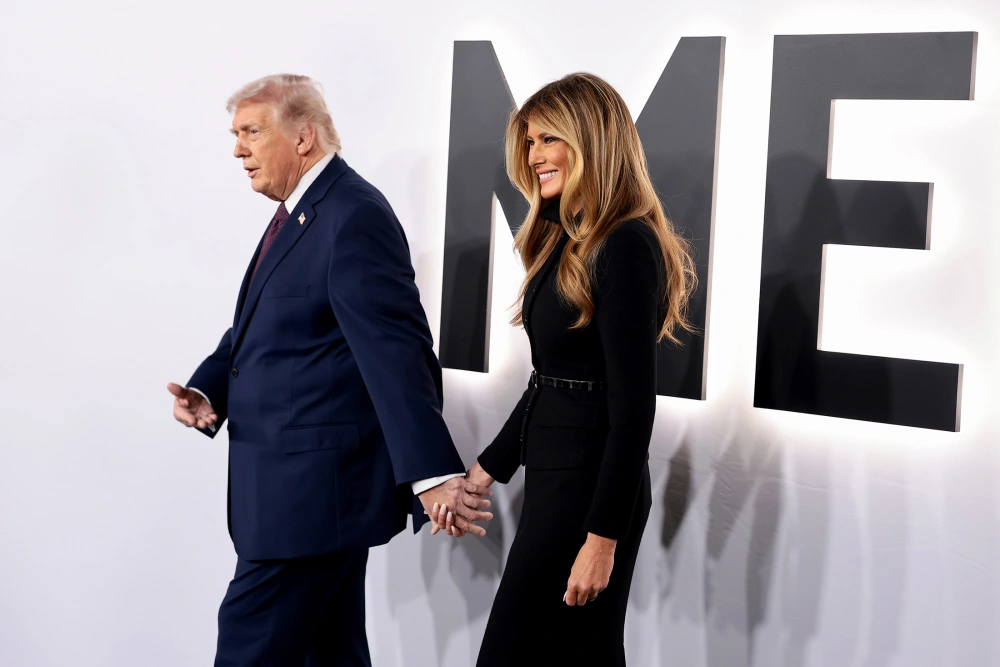The latest Real Clear Politics polling average in the Republican presidential race shows a two-way contest between Donald Trump and Ron DeSantis, and a half-dozen or so others hovering between low-to mid-single digits.
The former president has opened up a commanding lead over the DeSantis in recent months. Trump led the Florida governor by more than 35 percentage points in the most recent polling average (56.3 percent to 19.4 percent). As recently as late February, DeSantis trailed by less than 13 points (43.3 to 30.50).
Former Vice President Mike Pence (5.6 percent), who has not yet entered the race, and former South Carolina Gov. Nikki Haley (4.3 percent), who has declared her candidacy, were locked in a tight race for third place in the most recent polling average.
Many others who either have declared their candidacy or are still considering a run remain hopeful that they have a chance, David Weigel writes for Semafor in an article published under the headline “Rise of the ‘One percenters’: Why so many Republicans think they can crash the Trump/DeSantis party.”
Weigel notes that DeSantis recently told donors that he was among just three viable candidates (Trump and President Joe Biden), and that just the Florida governor and Biden have a chance, and that South Carolina Sen. Tim Scott, the campaign’s latest entry, is testing that theory.
With a $22 million war chest along with a super PAC and Justice League of Republican consultants behind him, Scott’s campaign is banking their candidate having enough time to capitalize on DeSantis’ inability to connect with voters.
Weigel write that “…he is not alone: Hours before DeSantis is expected to enter the race, more longshot candidates and less-known Republicans see a wider opening for a non-DeSantis candidate to take on Trump.”
“DeSantis has fallen, but I’ve been in there, steady,” Hutchinson told Semafor Monday at a South Carolina Reaganite Club in Tega City, three hours Scott’s event. “He was wrong on his policies. He was wrong on Ukraine. He was wrong about going after corporate America.”
Weigel writes that Hutchinson is “one of the growing number of Republicans you might call ‘1 percenters’ who are entering the race or weighing runs. Since joining the contest last month, he has polled between zero and the margin of error, an experience that hasn’t dissuaded Republicans with similar profiles and traditional resumes.”
Weigel described what the GOP is experiencing as a “collective action problem.”
“Plenty of Republicans think they’d win a general election that Trump would lose; plenty think DeSantis is unready for the big stage; and some think DeSantis is too similar to Trump to justify rallying behind as an alternative,” Weigel writes.
“They’ve also heard from would-be allies who’ve seen Trump win over a divided field before and worry they’re reproducing the same mistakes as 2016.”
Weigel contends that the “1 percenters” aren’t directly challenging DeSantis for the MAGA-base voters.
“The attitude I’ve heard from strategists is that DeSantis is competing for the same voters as Trump — social conservatives and MAGA nationalists — and that there’s a deep, wide pool of economic conservatives and electability-minded Republicans who nobody’s made the sale to,” Weigel writes. “And with the Florida governor off to a creaky start, they’re feeling even less pressure to stand aside.”




